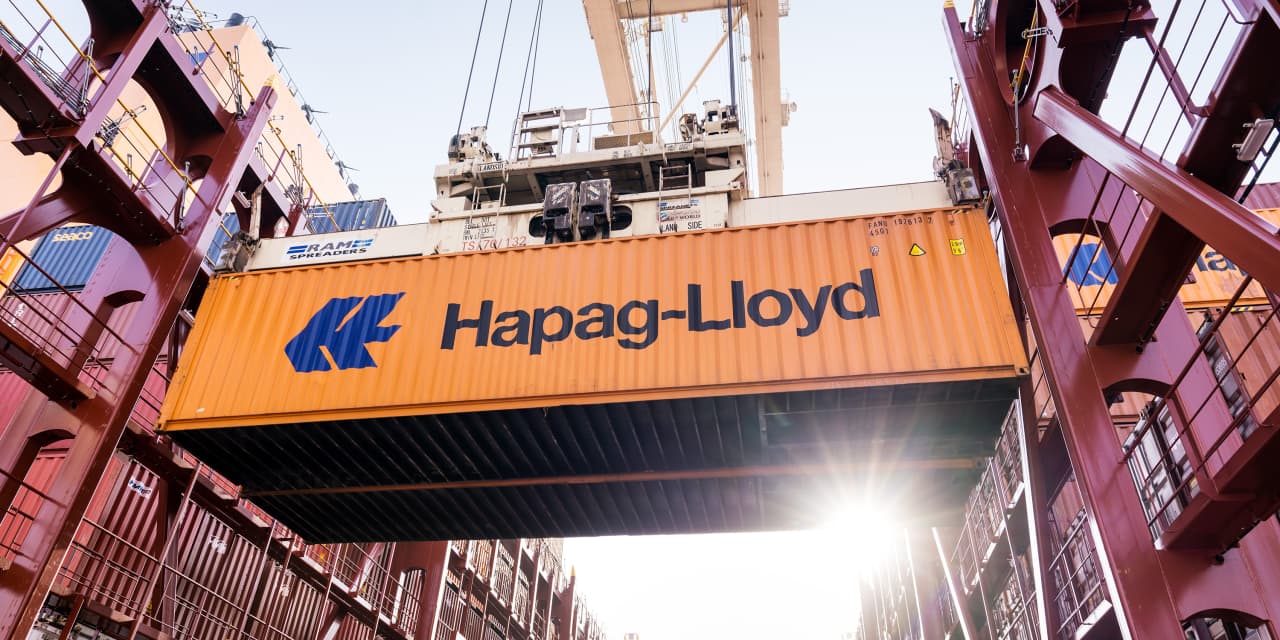Just as inflation rates appeared to be reliably retreating, a new shock has been increasing uncertainty.
The attacks on container-carrying vessels in the Red Sea and drought in the Panama Canal have cut off two of the world’s most important arteries for trade. Ocean freight rates are surging, putting pressure on companies that rely on cheap shipping.
Swedish furniture company Ikea said earlier this week product deliveries were being delayed. Food maker
Danone
also was having problems with supply chains. Oil major
BP
has said it is avoiding the Red Sea for shipments, adding about two weeks to deliveries and substantially increasing costs.
There’s still a chance that the disruptions will be resolved relatively soon, but the risk for investors now is that it throws the Federal Reserve off the path of interest-rate cuts in the coming months.
The Fed’s preferred gauge of inflation, the core personal-consumption expenditures index, on Friday showed a bigger-than-expected drop in November. It fell to 3.2% from 3.4%. Central bank officials would like to see the rate close to 2%.
To be sure, the global economy has been able to absorb short-term trade disruptions in the past. A stranded ship shut down the Suez canal for a week in 2021 without any major long-term impact.
One bit of good news for investors has been the boost to shares of shipping companies. Danish company
Maersk
has risen 22% over the past month, and Germany’s
Hapag-Lloyd
has jumped 27%.
So far, the shipping disruptions haven’t led to higher oil prices, which would be a much bigger hit to broader inflation. Brent crude has fallen 15% over the past three months. On Thursday, Angola said it was leaving the Organization of the Petroleum Exporting Countries, taking some of the bite out of the cartel’s efforts to prop up prices.
Still, oil prices were bouncing back Friday. Brent was up 1% to $80.18 a barrel. West Texas Intermediate, the U.S. benchmark, rose 1.2% to $74.76 a barrel.
Write to Brian Swint at brian.swint@barrons.com
Read the full article here













Leave a Reply